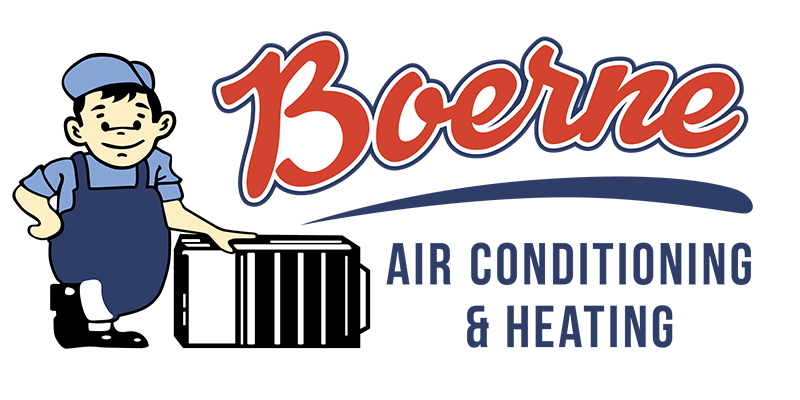13 Mar HVAC Filtration & Filter Types
HVAC filtration refers to the process of removing airborne particles, such as dust, pollen, pet dander, mold spores, and other contaminants, from the air circulated by heating, ventilation, and air conditioning (HVAC) systems. The filtration process typically involves the use of specialized filters installed within the HVAC system.
These filters come in various types and efficiencies, commonly categorized by their Minimum Efficiency Reporting Value (MERV) rating. A higher MERV rating indicates a greater ability to capture smaller particles.
Common types of HVAC filters include:
- Fiberglass Filters: These are the most basic and inexpensive filters. They capture larger particles but are not very effective at trapping smaller particles.
- Pleated Filters: Pleated filters have a larger surface area and can capture smaller particles more effectively than fiberglass filters. They are a common choice for residential and commercial HVAC systems.
- HEPA Filters: High-Efficiency Particulate Air (HEPA) filters are highly efficient at capturing even very small particles, including allergens and some viruses. They are commonly used in hospitals, laboratories, and in environments where air quality is critical.
- Electrostatic Filters: These filters use an electrostatic charge to attract and capture particles. They are often washable and reusable.
- Activated Carbon Filters: Activated carbon filters are effective at removing odors, gases, and volatile organic compounds (VOCs) from the air. They are often used in conjunction with other types of filters for comprehensive air purification.
In addition to the built-in filters, general air filters are also necessary to ensure optimal performance and indoor air quality. Clogged or dirty filters can restrict airflow, reduce energy efficiency, and diminish the effectiveness of the HVAC system in removing airborne contaminants.
Here are few additional things to consider when replacing air filters for your vents:
- MERV Rating: Homeowners can choose air filters with different MERV ratings based on their specific needs. A higher MERV rating indicates better filtration capabilities for capturing smaller particles, but it’s important to ensure that the HVAC system can handle the increased airflow resistance of higher-rated filters.
- Filter Material: Filters can be made of fiberglass, pleated fabric, electrostatic materials, activated carbon, or a combination of these materials. Each type has its own strengths in terms of particle capture, durability, and cost.
- Filter Size: Homeowners should ensure they purchase the correct size of filter that fits their HVAC system. Filters come in various sizes and can be custom-sized to fit specific systems.
- Replacement Schedule: It’s crucial for homeowners to follow the manufacturer’s recommendations for filter replacement. Typically, filters should be replaced every 1 to 3 months, depending on factors such as usage, indoor air quality, and the type of filter used.
- Maintenance: In addition to regular filter replacement, homeowners can also benefit from routine HVAC maintenance, including cleaning and inspection of the system to ensure optimal performance and longevity.
Overall, filters play a crucial role in maintaining indoor air quality and protecting your HVAC system’s components from dust and debris. Regular maintenance and proper filter selection are key to ensuring optimal performance and efficiency of the HVAC system. To learn more about HVAC filtration or to schedule a HVAC maintenance check up, give us a call.
